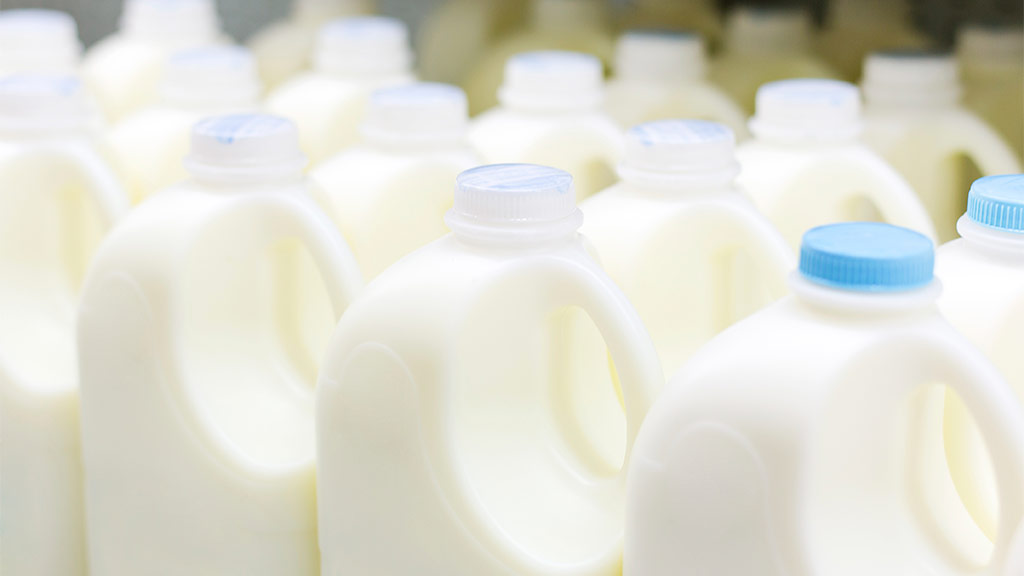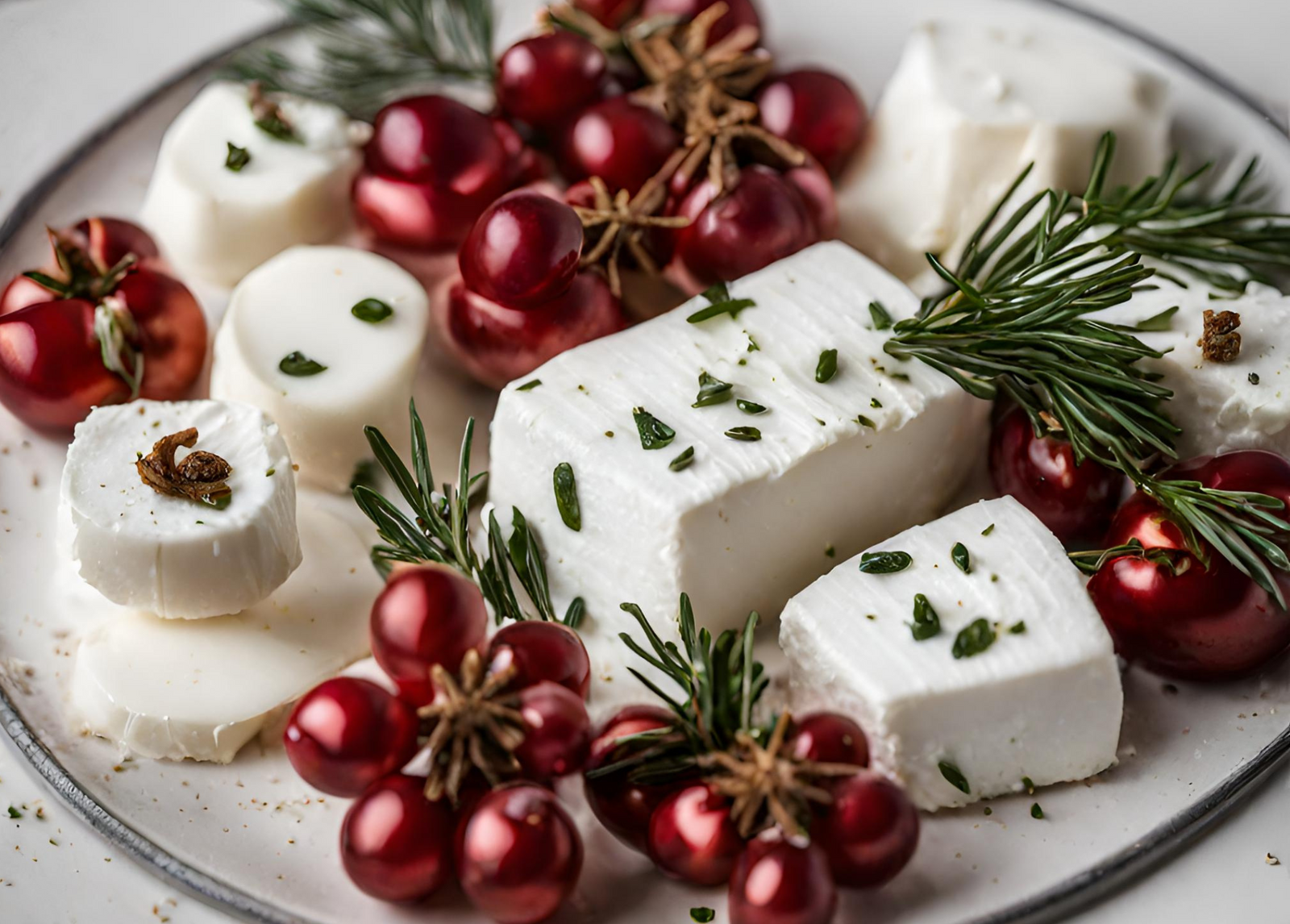Your Cart is Empty

June 28, 2021 4 min read 1 Comment
When making cheese, one of the most important ingredients to consider is milk! The final product is greatly influenced by your choice of milk, so here are some helpful tips on how to choose thebest milk for homemade cheese making.

High-quality milk: This is milk that has been the LEAST PROCESSED. This can be cow, goat, sheep, buffalo, etc.

You can find excellent milk that fits in the high-quality milk category at Eby Manor and Sheldon Creek Dairy, both of which not only carry cream top milk but also Cheese Maker DIY cheesemaking kits! Find out more about both Eby Manor and Sheldon Creek at the bottom of the page.
Low-quality milk: This is milk that has been the MOST PROCESSED. Most often cow’s milk is the most processed.
Your cheese will only be as good as the milk you choose to make it with. Therefore, for the best final product, we recommend that if you cannot get your hands on unpasteurized milk, look for non-homogenized, also known as cream on the top milk, for a great alternative. If you are not able to find any non-homogenized milk, look for milk that is a ways away from its best before date, has a fat content of at least 3.25%, and/or comes from grass-fed animals. Try to avoid 2%, 1%, skim, lactose-free, UP, or UHT milk, as, at best, you will make ricotta. With that being said, try not to get too overwhelmed with the choices and happy cheesemaking!
Eby Manor Sheldon Creek
1174 Weeby Place 4300 5th Concession
RR1 Waterloo, ON N2J 4G8 Loretto ON L0G 1L0
Canada Canada
https://ebymanor.ca/ https://www.sheldoncreekdairy.ca/
Comments will be approved before showing up.

December 19, 2024 2 min read

December 05, 2024 2 min read
Sign up to get the latest on sales, new releases and more …
Erika Lichtenauer
September 14, 2022
Thanks a lot for the information provided regarding the milk and it’s challenges. I will try to find the right milk to succeed at making my own mozzarella.